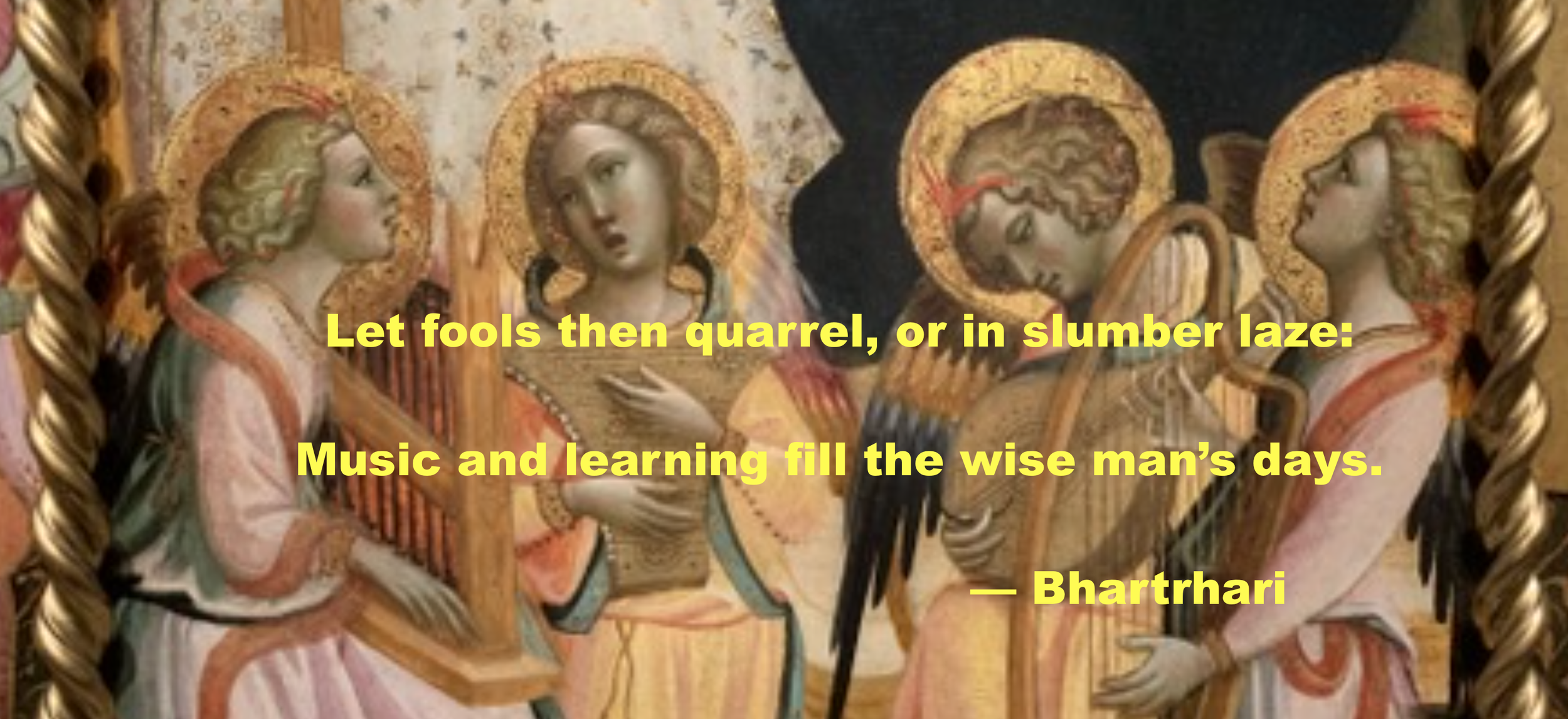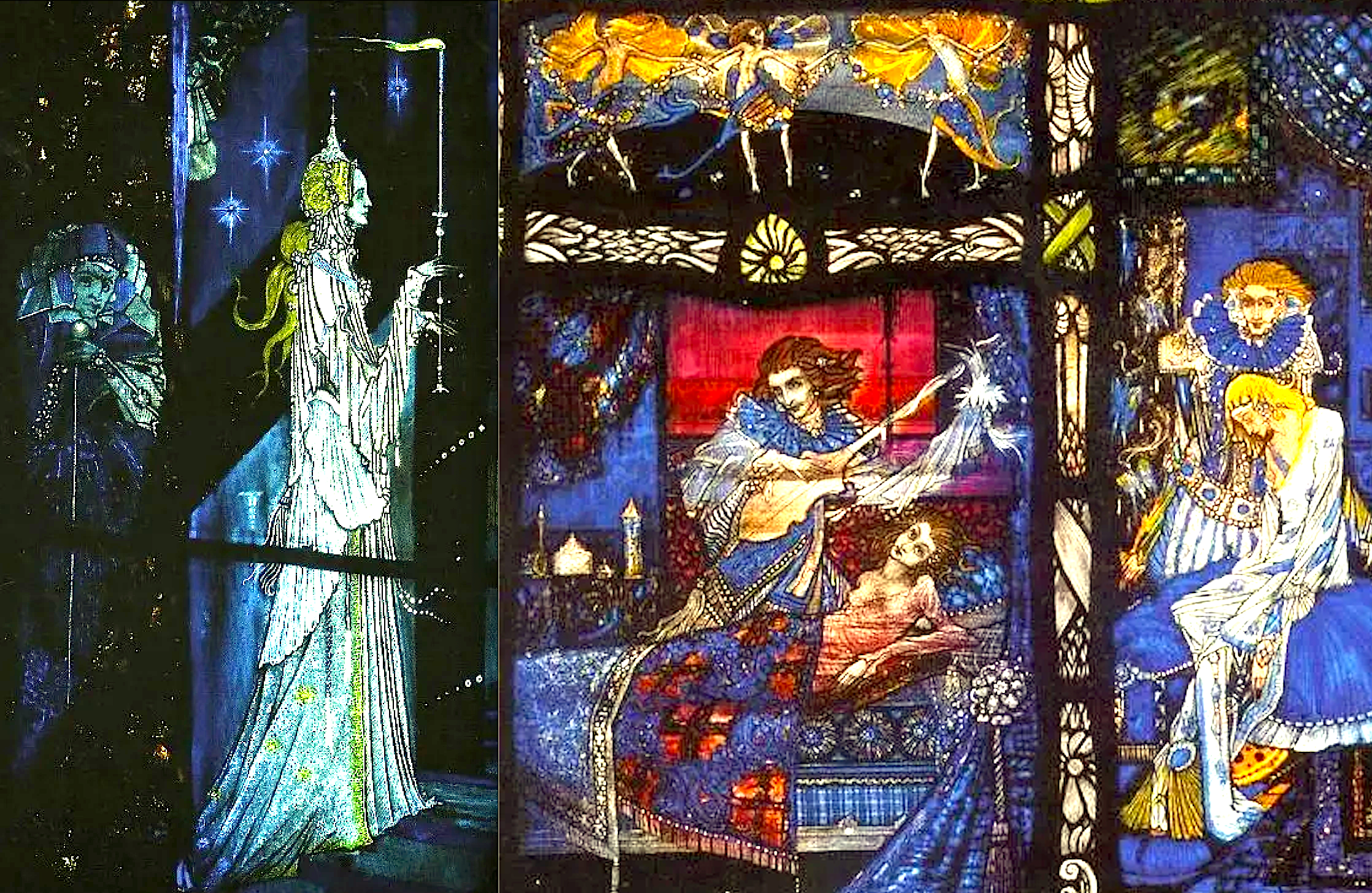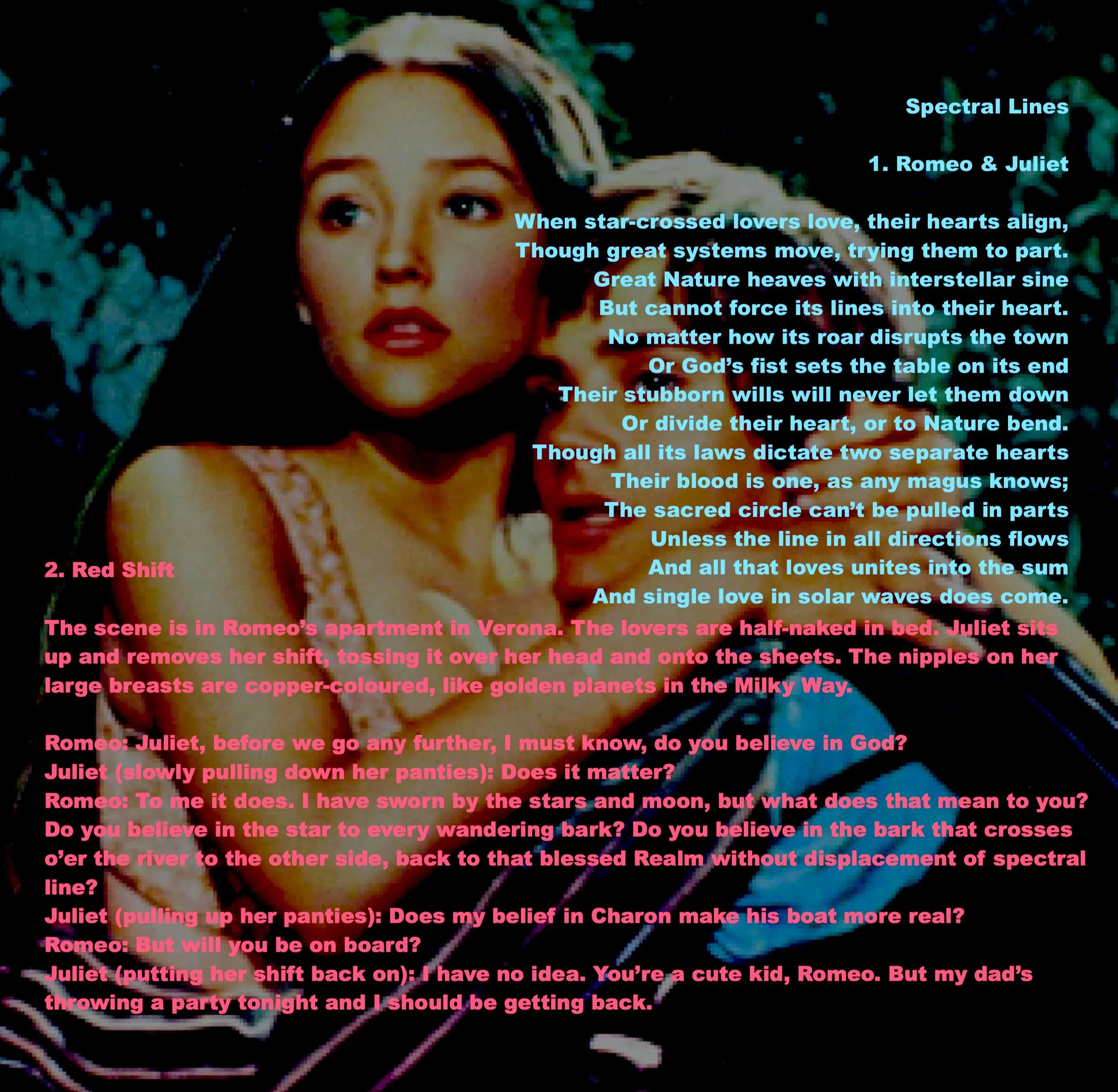The Double Refuge 🍏 Starting Points
Argentinian Wine
Crème Caramel - Literature - Liberalism - History - Star-Crossed Lovers - Spectral Lines
🍏
Crème Caramel
The host has put on a wonderful dinner, and poured rich dark wine into the glasses. Before the glasses are ever emptied, they’re magically refilled.
There’s an old tune playing in the background, lifting up your spirit, melting into the air. The room is humming harder and the ceiling flies away. You look down and see that a perfect crème caramel lies before you on a plate, its outer walls circled by a moat of dark brown liquid. The liquid is so smooth and lustrous that you can see a reflection of the receding ceiling in its depths.
A beautiful woman stirs next to you, quoting something or other about the soul and its flight to Heaven, something about “gold to airy thinness beat.”
Why ruin it all by insisting that there’s no such thing as a soul, and there’s certainly no place called Heaven? Why bother insisting when no one really knows.
🍏
Agnostics start with the basic premise that we have physical bodies with insanely complex brains. These brains of ours, which we can barely understand, come up with endless scenarios which are hypothetical — both in the philosophical sense of speculative and in the scientific sense of hypotheses that need to be tested. Questions about the meaning of life or about the nature of the universe are so hypothetical that there’s no reason to get worked up about them. They’re fascinating, and certainly worth debating, but they’re not worth fighting about. Her lips are cherry red, and her eyes are like ink wells, at the bottom of which you will find all the poetry that you ever wanted to write.
You remember several lines from the Persian poet Omar Khayyam: “My rule of life is to drink and be merry, / To be free from belief and disbelief is my religion,” “I will divorce absolutely reason and religion, / Then take to wife the daughter of the wine.” With all of this goading you on, why not just go with the flow?
Double refugees understand the importance of the distinctions made by theists and atheists, yet they tend to blur, defy, even erase the lines between ✴︎ faith and disbelief, ✴︎ wonder and observation, ✴︎ doctrine and proof. They see this as a positive act of iconoclasm, as an attempt to weaken the divide between ♰ mystic experiences and mythic scenarios on one side, and π factual calculations and practical life on the other.
Why not let both sides play themselves out, like a priest drinking his third glass of wine at a dinner party? Enamoured of the Argentinian malbec, he leans to his left, unable to stop himself from quoting Bhartrhari’s couplet in her ear: “The clear light of man’s discernment dies / When a woman clouds it with her lamp black eyes.”
He then sits up straight, and convinces himself that he found the words somewhere in the Psalms.
🍏
Literature
While double refugees operate in many areas — such as liberalism, ecumenicalism, and art in general — they perhaps operate most freely across the wide and unruly arena of literature. This is because literature — which might be defined as writing that’s original, powerful, and mostly fictional — operates without the need to come to conclusions. Literature doesn’t have ☒ a miraculous or logical starting point, ☒ a central tenet or guiding philosophy, ☒ a corpus of laws to govern thought, word, or action, or ☒ a particular aim in terms of history or culture. It does, however, urge us to see life in ways that are creative, entertaining, explorative, challenging, and insightful.
I suspect that the dark-eyed beauty sitting next to the priest would rather know how Juliet teaches the torches to burn bright than how Aquinas proved God or Newton calculated gravity. Although Aquinas and Newton are ground-breaking in their respective fields, and can be made as fascinating as the teacher has skill to make them, it’s hard to match a poem for its clarity of symbol or for its subtle mixes of ambiguity and insight, emotion and intellect. It’s hard to match a play or movie for its crafted mix of psychology, idea, and social interaction. And it’s hard to match a novel for the in-depth world it creates, drawing the reader into its settings and psychologies, its personal relationships amid the greater conundrums of existence.
For instance, we could debate the virtues of celibacy or libertinism, and the discussion could be an elevating one. Yet we could also read Keats’ “The Eve of Saint Agnes,” and watch the forces of purity and sensuality play out in Madeline’s bedroom. The virgin is in a dreamworld of her own, drawn by doctrines and superstitions, while Porphyro creeps into her room. Does he violate the sanctity of her vision, or does he disabuse her of old stories that keep her locked in fearful loneliness? The reader is left to decide.
In the stained glass art of Harry Clarke we can see Madeline walking toward her bed. She’s lost in a vision that burns high above her. Her vision is rich in spiritual abstraction, a fact that Porphyro wants to change. He plays “an ancient ditty” on “her hollow lute,” slips into her bed, enters her fantasy, and makes all her Freudian dreams come true.
🍏
Liberalism
In some places and in some times, Keats’ sensuality wouldn’t go down well. Likewise, freethinkers have often had a difficult time exploring doubt, disbelief, and alternative forms of Christianity because religious institutions wouldn’t allow views of reality that didn’t align with their gospel about it. The twin cases of Bruno and Galileo illustrate this: one was burned alive for his unorthodox views about the universe, and the other was forced to recant what anyone could see at the end of a telescope.
Here we have a fairly specific political aspect to the double refuge, or at least to the optimum conditions in which it might exist. While refugees, like poets, aren’t specific to any one history or culture, they tend to thrive where people are free to explore for themselves — that is, where they have the freedom to ☑︎ read whatever they please, ☑︎ go wherever they want, ☑︎ interact with whoever they like, and ☑︎ publish whatever they choose. While they may survive and even thrive in their rebellion against a repressive regime, they breathe more easily in a State where they have the freedom to think and publish without fear of reprisal or condemnation.
The refugee view of Christianity is yet to be clearly defined, despite ✴︎ Renaissance Humanism, ✴︎ 19th century Liberalism and Transcendentalism and ✴︎ recent universalists like Panikkar, Fox, and Rohr. Agnosticism, on the other hand, was was clearly defined by Thomas Henry Huxley in the 1860s and 70s. The timing here is fitting in that Huxley coined and defined the term agnosticism ✴︎ in the decades after Darwin published On the Origins of Species (1859), a book which challenged the authority of doctrinal religion, and ✴︎ around the time of the British Reform Act of 1967, which extended the vote to urban males. This extension helped to advance the democratic process in which all citizens (first in England and finally in the British Empire) would be free to control their own destiny. The same freedom of thought that allowed for the new ideas of evolution and democracy allowed for a philosophy that encourages the exploration of all forms of meaning and belief.
🍏
History
While Huxley coins the term agnosticism at a key moment in the development of science and politics, the more general notions of critical thinking and open-ended doubt is a very old one. It can be seen in the skeptics and stoics of Greece and Rome, as well as in the early religious thinkers of India and China — especially in the speculations of Rg Veda (c. 1450 BC) and in the combination of abstract theology and experience-oriented epistemology that we find in the writings of Buddha, Laozi, and Zhuangzi. Belief and doubt also mingle in various ways in the earliest epics from Mesopotamia, and Greece, Gilgamesh and the Odyssey. Instead of depicting our lives as a trajectory through a defined or pre-ordained universe, these epics depict life as a multifarious challenge that we unify by living. In this sense these oldest of writings link up with the more recent philosophies of agnosticism and phenomenology, which stress that experience trumps doctrine.
Double refugees agree with the phenomenologists: experience, awareness, and exploration aren’t systems that explain our lives; they’re the living itself. This seems to be why literature is so resonant for double refugees, in that it reflects, and reflects on, this living. Hamlet puts this succinctly when he says that the “purpose of playing” is “to hold as it were the mirror up to nature: to show virtue her feature, scorn her own image, and the very age and body of the time his form and pressure.”
🍏
Star-Crossed Lovers
Literature often looks at the larger picture of Nature — be it worldly or cosmic— and sees the individual within it. Double refugees may be flowing smoothly with Nature, or may be caught within one of its many powers, struggling to see their way clear of it. I’ll illustrate this with reference to Shakespeare and John Donne, both from Renaissance England.
In Romeo and Juliet, Shakespeare gives us the famous “star-crossed lovers.” The division created by their warring families in Verona is seen in terms of the stars, in terms of that old mix-up of astronomy and astrology. One must of course remember that Shakespeare was writing in the days of Galileo, when there was no such thing as a spectrometer. They had no way of accurately measuring the light from distant stars, no way of seeing where on the spectrum a star was moving closer (in blueshift) or further away (in redshift). Instead, they saw the stars as mysterious influencers of events on earth.
Donne writes that earthquakes are bad omens, whereas the movement of the stars is controlled by Heaven and its benevolent God:
Moving of the earth brings harms and fears;
Men reckon what it did, and meant;
But trepidation of the spheres,
Though greater far, is innocent.
In “Sonnet 116,” Shakespeare argues that the Pole Star is similar to true love, which transcends trials and tribulations. True love isn’t the kind of love “Which alters when it alteration finds, / Or bends with the remover to remove”;
O, no! it is an ever-fixed mark,
That looks on tempests and is never shaken;
It is the star to every wandering bark,
Whose worth’s unknown, although his height be taken.
True love will guide us from troubles, like the Pole Star will guide a bark (or boat) from a storm. By using a sextant, the mariner can locate the Pole Star, and hence can see where the boat is, and hence can sail it to safe harbour. Donne suggests something similar in “A Valediction: Forbidding Mourning,” where true lovers exist on a higher plane, up in the air like the moon, while the rest of us “dull sublunary lovers” stumble around on the ground. The love of his wife acts like the apex of a compass: whereas he is “Like th' other foot” that must “obliquely run,” her “firmness makes [his] circle just, / And makes [him] end where [he] begun.”
According to Donne most of us are deluded, thinking that our souls come from our senses. Because we only love the physical aspects of our lovers, we’re unable to bear being parted from them:
Dull sublunary lovers' love
(Whose soul is sense) cannot admit
Absence, because it doth remove
Those things which elemented it.
True lovers, on the other hand, are connected by a spiritual essence which transcends space:
Our two souls therefore, which are one,
Though I must go, endure not yet
A breach, but an expansion,
Like gold to airy thinness beat.
🍏
We are all structured, programmed, or created by the greater structures of earth and sun, stars and galaxy, star walls and universe. We may not know it, but the spectral lines of astronomy indicate to us where we are in relation to that larger space. Regardless of what we understand about Nature, we’re flowing or caught in its larger systems, and we struggle to find a sense of unity, connection, and beauty.
In the two sonnets below I start with with Shakespeare’s idealism, with Romeo and Juliet’s belief that love won’t alter when it alteration finds. The lovers feel that they are one, and they refuse to let their love be “Time’s fool, / Though rosy lips and cheeks within his bending sickle’s compass come.”
The second sonnet focuses on this sickle, which is the instrument of Death. The sickle is the blade which cuts down our beauty, our early dreams, and finally our very breath. Juliet thinks about “the star to every wandering bark,” yet also about that other boat, the one that Charon pilots across the river of death. She sees Romeo’s dead body beneath her, and finds that the compass does in fact come. She is, as we all will be, up against the blade of Death’s metal scythe:
Or she goes one step further and rejects the whole fantastic realm of otherworldly tropes:
Here, Romeo is the dreamer, insisting that behind the great mechanics of the universe are divine Forces that we must acknowledge. Juliet doesn’t deny such forces, yet she refrains from making any firm conclusions about them. Like many of us, she wants to go to the party first.
🍏
Next: 🍏 Ulysses





